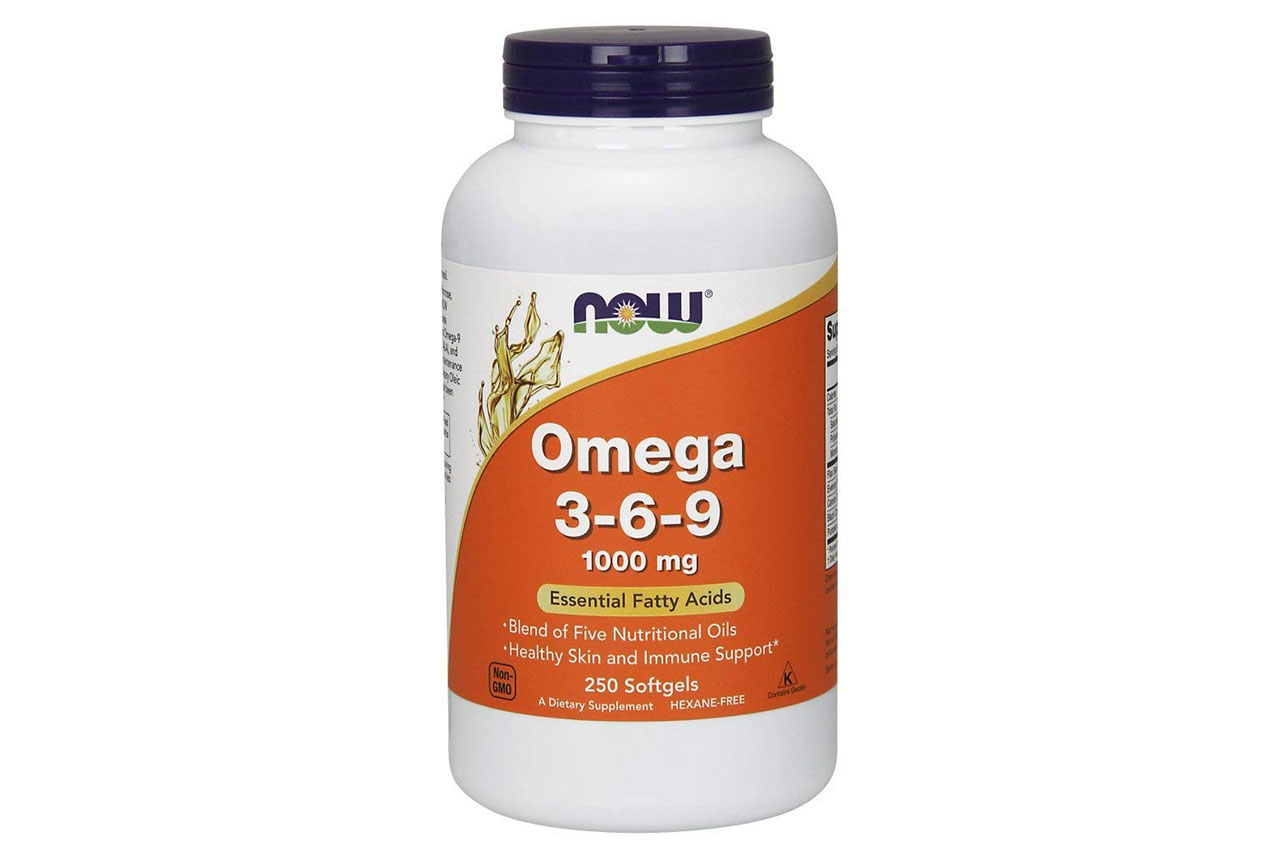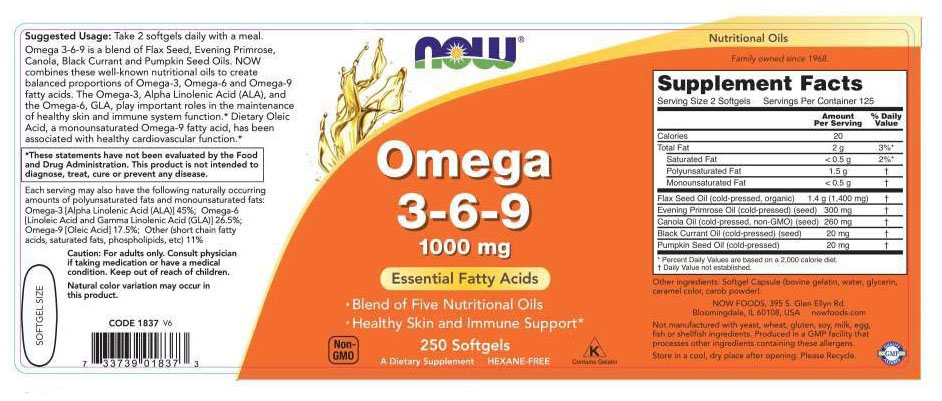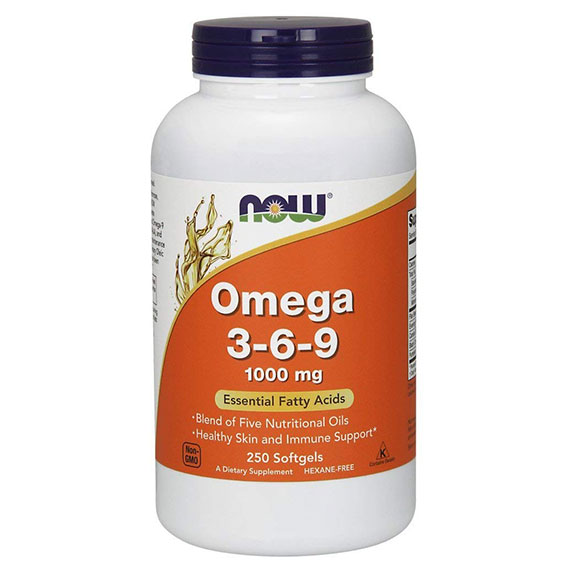Perhaps you have heard of the healthy effect of the Mediterranean diet? If not, it is good to know that the olive-rich foods have a heart-protection effect. What should we do if we do not like olive oil?
This is not a problem because the essential ingredient of olive oil is part of omega 9 fatty acids. The latter can easily be taken in addition.
What are Omega 9 Fatty Acids?
Omega 9 fatty acids are a group of five unsaturated fatty acids. The most important for human nutrition are two of them:
- Oleic Acid (OA)
- Erucic Acid (EA)
The total of all five fatty acids that differentiates them into a group is the double carbon bond at position ω-9 (omega 9) in their molecular structure.
What Should We Know About Omega 9 Essential Fatty Acids (EFA)?
Omega 9 fatty acids are essential to just a certain extent. They can be manufactured from omega 3 and omega 6 EFA. When the level of the latter in the body is low, one can speak of the essentials of omega 9. In general, omega 9 EFAs have the following functions:
- are involved in the composition of cell membranes where they displace saturated fatty acids responsible for many harmful effects
- stimulate cellular receptors for LDL-cholesterol on macrophages, which results in decreasing the latter’s blood levels.
What are Omega 9 fatty acids used for?
Proven effects:
- reduce cholesterol levels and thus prevent cardiovascular disease
- reduce the risk of occurrence and slow the progression of atherosclerosis
- reduce insulin resistance, thereby increasing glucose utilization
- improve immune functions
- support the synthesis of myelin (a substance covering the conducting information sections of the nerve cells)
- have a beneficial effect on the fight against certain types of cancer
What are the possible harmful / side effects of omega 9 intake?
No significant adverse effects were seen in the elderly. Infants, however, should not be given sources of erucinic acid because they do not yet have a mechanism to metabolize them. This is the reason why the European Union has a ban on the presence of high levels of erucic acid in vegetable oils.
What are the optimal doses of omega-9 fatty acids?
Oleic acid is mainly used in food supplements because of its proven heart-protection effect. As part of the olive oil (55-80% of its mass), olein fatty acid has no widely accepted intake limit. The recommended daily dose for people not using olive oil is at least 3 g / day.
How do we take omega-9 fatty acids?
Parallel consumption of antioxidants and omega 9 mutually reduces the effectiveness of supplements. Leave a few hours interval between the different add-ons. Take omega 9 with food. Breakfast is a good reception time.
In which sports and health supplements can we see omega-9 fatty acids?
Omega 9 are included in complex formulas of EFAs, along with omega 3 and omega 6 fatty acids. As part of formula 3-6-9 they are also used in complex formulas together with vitamins, minerals, amino acids, herbal extracts.
In such formulas, the various ingredients are divided into groups and each group of the single dose is taken in a separate schedule to avoid interactions.



